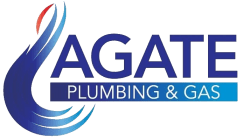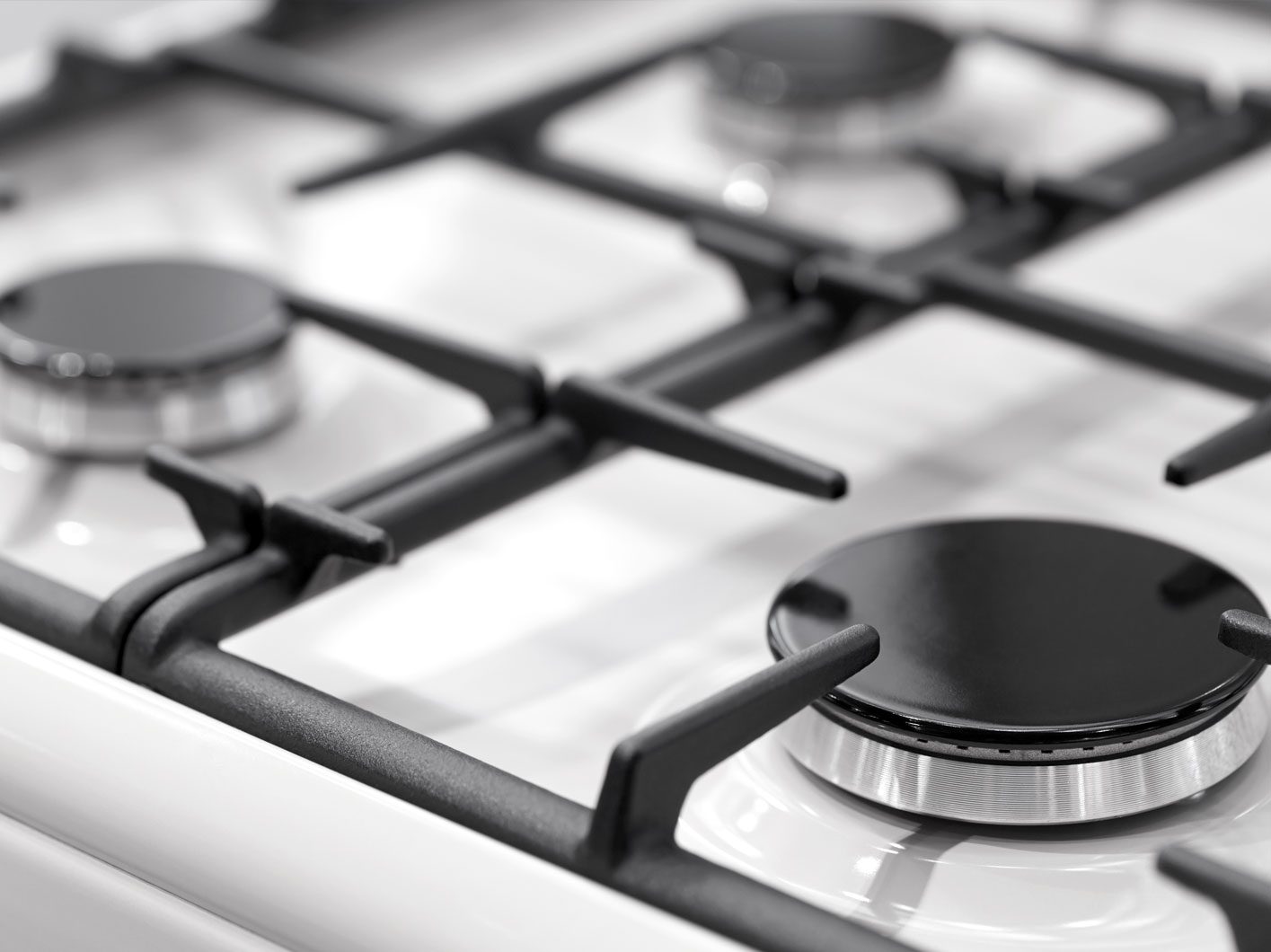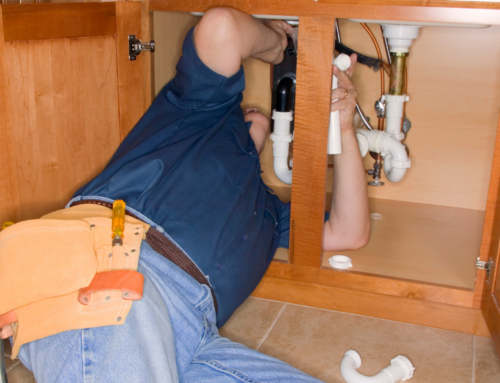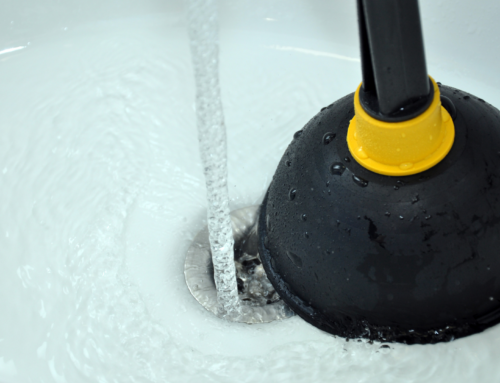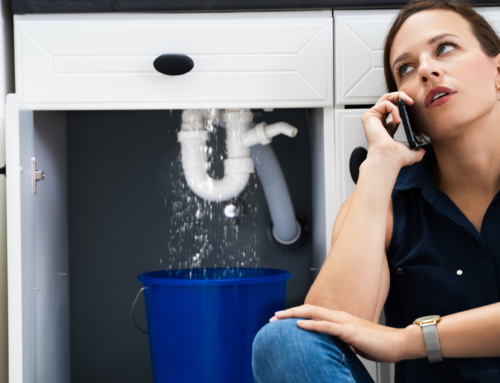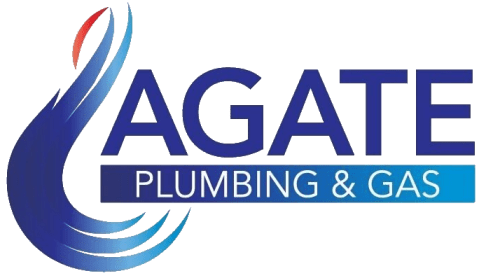Gas leaks are a serious safety hazard that can lead to fires, explosions, carbon monoxide poisoning, and severe health issues. Natural gas, propane, and other fuel gases are commonly used in homes. While these gases are essential for convenience and comfort, they also require regular maintenance to prevent leaks that can jeopardise safety.
Gas Leak Prevention
Gas leaks are usually preventable with the right precautions, so it’s important for homeowners to stay informed about how their gas systems work, how to detect warning signs of a potential leak, and how to maintain appliances properly.
Understanding these risks, combined with routine inspections and safety measures, can significantly reduce the chances of gas leaks in your home. In this article, we’ll provide expert advice on how to prevent gas leaks, what warning signs to watch for, and how to respond quickly if a leak is suspected.
Understand the Basics of Your Home’s Gas System
Understanding your home’s gas system is crucial to effectively preventing gas leaks. Gas enters your home via a meter and is distributed through gas lines to appliances such as furnaces, stoves, water heaters, and fireplaces
- Familiarise yourself with the location of the main gas shut-off valve: This is critical in the event of an emergency. Knowing how to turn off the gas supply can prevent leaks from escalating into serious problems.
- Keep an eye on the age of your gas appliances and lines: Older appliances and gas lines are more prone to leaks. It’s advisable to replace appliances or parts that are more than 10-15 years old if they show signs of wear.
Regular Maintenance and Inspections
Routine maintenance and professional inspections are key to identifying and preventing potential gas leaks.
- Annual professional inspections: Schedule an annual inspection by a certified gas technician like us at Agate Plumbing and Gas. We will examine the gas lines, appliances, and connections to detect any issues. A technician should check for corrosion, loose fittings, cracks, or other damage in gas lines and appliances.
- DIY maintenance tips: Periodically check for signs of wear and tear around your gas appliances. Look for cracks in hoses or pipes, strange sounds (such as hissing), or unusual odours. Ensure that the pilot lights of gas appliances are properly lit and burning blue (a yellow flame may indicate a problem).
- Carbon monoxide detectors: Install carbon monoxide detectors in key areas of your home, especially near bedrooms and gas appliances. Gas leaks can lead to carbon monoxide buildup, which is colourless and odourless but highly dangerous.
Proper Ventilation for Gas Appliances
Poor ventilation can lead to gas buildup, increasing the risk of a leak or even carbon monoxide poisoning. Ensuring proper ventilation around gas-powered appliances is vital for safety.
- Install range hoods or exhaust fans over stoves: This ventilates combustion gases outside your home.
- Keep vents, chimneys, and flues clean and unobstructed: This will prevent blocked vents from causing gas to accumulate indoors.
- Make sure all gas appliances have proper ventilation: Check the manufacturer’s recommendations for the appliance. Ensure the appliance meets local building codes.
Use Gas Detectors
While a sulfur-like odour (added to natural gas) helps detect gas leaks, it’s not always enough. Gas detectors provide an extra layer of protection.
- Combustible gas detectors: These detect propane, natural gas, and other flammable gases. Install them near gas appliances, like stoves or water heaters, for early warning.
- Carbon monoxide detectors: As previously mentioned, these should be installed throughout the home to detect the presence of carbon monoxide, which can result from incomplete combustion of natural gas or propane.
- Where to place them: Install detectors in rooms with gas appliances and near the ceiling (natural gas rises). For propane, which is heavier than air, place detectors lower to the ground. Avoid placing them too close to appliances, as this could result in false alarms.
Correct Installation and Appliance Use
Proper installation of gas appliances and their correct usage plays a major role in preventing leaks.
- Hire qualified professionals: Any gas line or appliance installation requires an expert’s touch. Do-it-yourself installations or repairs without proper knowledge can lead to dangerous leaks.
- Avoid overloading gas lines with multiple appliances: Make sure your home’s gas supply and lines are designed to handle the load of all appliances safely.
- Read and follow the manufacturer’s instructions: Hold onto manuals for any gas-powered appliance and check instructions. This includes recommended usage, maintenance schedules, and specific safety precautions.
- Upgrade old gas lines and equipment: Replace old gas lines with modern materials that are more resistant to corrosion and damage and consider upgrading to newer appliances with enhanced safety features, such as automatic shut-off mechanisms.
Know the Warning Signs of a Gas Leak
Identifying the early signs of a gas leak can save lives and prevent accidents. Common signs of a gas leak are:
- Odour: The most obvious sign of a gas leak is the smell of sulfur or rotten eggs. Natural gas is odourless, so this smell is added for safety.
- Sound: If you hear a hissing or whistling noise near a gas line, it could indicate a leak.
- Physical symptoms: Headaches, dizziness, nausea, and fatigue can be signs of carbon monoxide poisoning from a gas leak. If you experience these symptoms, leave the house and seek medical attention.
- Dead vegetation: Outside gas leaks may kill plants or grass in the vicinity. Dead spots near gas lines are often a sign of an underground leak.
If You Suspect a Gas Leak
If you suspect a gas leak in your home, acting quickly is critical to prevent a disaster.
- Turn off the gas supply immediately if you can access the shut-off valve.
- Do not use electrical switches (including light switches), appliances, or phones. Even a small spark could ignite the gas.
- Evacuate the premises immediately. Get everyone out of the house and move a safe distance away.
- Once you are in a safe location, call your gas company or emergency services. Most gas providers have a 24/7 emergency number for reporting leaks.
Prevention and Protection with Agate Plumbing and Gas
Choose Agate Plumbing and Gas to protect your home from the dangers of gas leaks with our expert, certified technicians. With our commitment to customer satisfaction and safety, you can rest easy knowing your home is in the hands of professionals. Contact us today.
